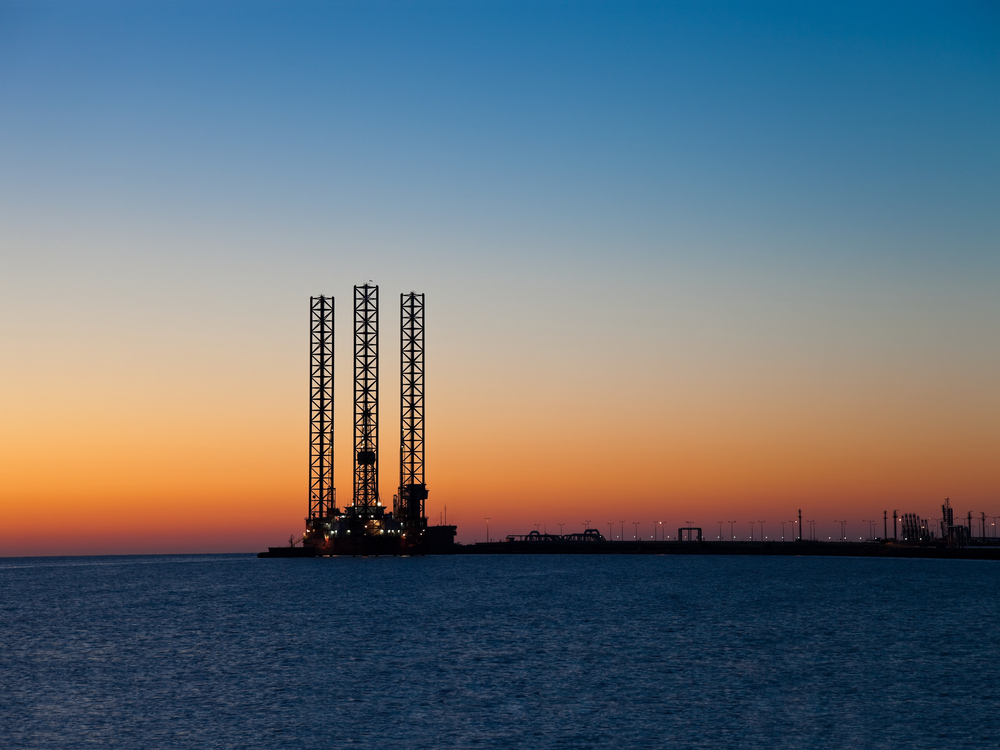
Royal Dutch Shell plc (Shell) has announced its plans to become a net-zero emissions energy business by 2050 or sooner (covering scope one, two and three emissions).
Ben van Beurden, Chief Executive Officer of Royal Dutch Shell said even at this time of immediate challenge, the focus on the long term must be maintained.
“Society’s expectations have shifted quickly in the debate around climate change. Shell now needs to go further with our own ambitions, which is why we aim to be a net-zero emissions energy business by 2050 or sooner.”
Adam Matthews, Director of Ethics and Engagement of the Church of England Pensions Board, Board Member of the Institutional Investors Group on Climate Change, and Co-lead as part of the Climate Action 100+ dialogue with Shell, said the announcement significantly increases Shell’s ambitions and commitments.
“It is indicative of Shell’s confidence in not only navigating the immediate situation but rightly sets the focus on developing net-zero pathways in key sectors that shape the demand for energy. Ultimately, it will be by developing and supporting net-zero pathways in these sectors that we will achieve the goals of the Paris Agreement.”
Peter Ferket, Chief Investment Officer of Robeco, Co-lead as part of the Climate Action 100+ dialogue with Shell, said the ambitions build on the 2018 joint statement between Shell and Climate Action 100+.
“It proves that the strong and committed engagement of institutional investors with Shell can help accelerate the pace of change to deliver the goals of the Paris Agreement. It raises the bar and sets out an approach for others in the oil and gas sector to follow.”
Luke Parker, vice president, corporate analysis, at Wood Mackenzie, said Shell has effectively accelerated its ambition to reduce the net carbon footprint of the energy products by 65 per cent by 2050, instead of 50% per cent.
“The interim ambition shifts to 30% by 2035, instead of 20%. Shell sees this as bringing the company in line with changed societal ambitions for 1.5°C, rather than 2°C, as previously targeted.
Shell’s ambition is based on net carbon intensity rather than absolute emissions, and covers Scope 3 emissions associated with the energy products that Shell sells, rather than all products. It has also made a new commitment to become net zero on an absolute basis on the Scope 1 and 2 emissions associated with all products that it manufactures.
“This is a commitment on absolute emissions – rather than intensity – and all products, not just energy. The new commitment is complementary to the evolution of the pre-existing ambition, and effectively sits inside the revised ambition,” Mr Parker said.
“The fact that Shell announced the move now underlines its commitment to make the shift from Big Oil to Big Energy. Coronavirus and its fall-out doesn’t change that … if anything, it adds greater weight to the argument. Despite immediate cash flow constraints, Shell (and its peers) will emerge from this period more determined to make the shift.”
Shell’s steps include:
- An ambition to be net zero on all the emissions from the manufacture of all our products (scope one and two) by 2050 at the latest;
- Accelerating Shell’s Net Carbon Footprint ambition to be in step with society’s aim to limit the average temperature rise to 1.5 degrees Celsius in line with the goals of the Paris Agreement on Climate Change. This means reducing the Net Carbon Footprint of the energy products Shell sells to its customers by around 65% by 2050 (increased from around 50%), and by around 30% by 2035 (increased from around 20%);
- A pivot towards serving businesses and sectors that by 2050 are also net-zero emissions.
For more details on Shell’s climate ambitions go here.












